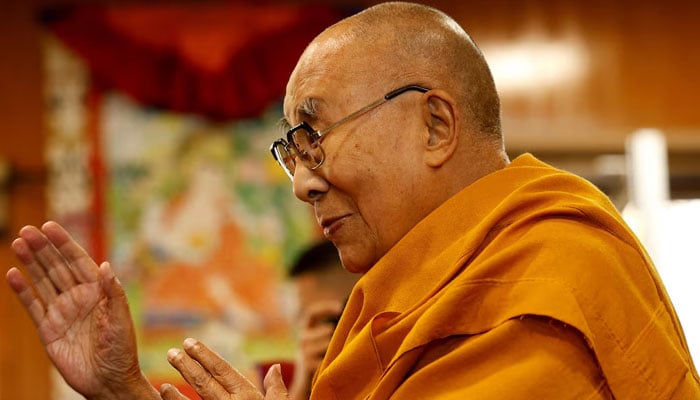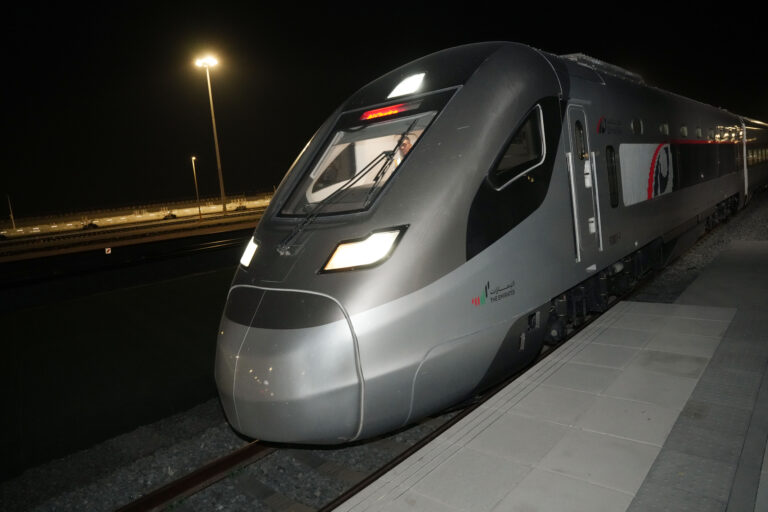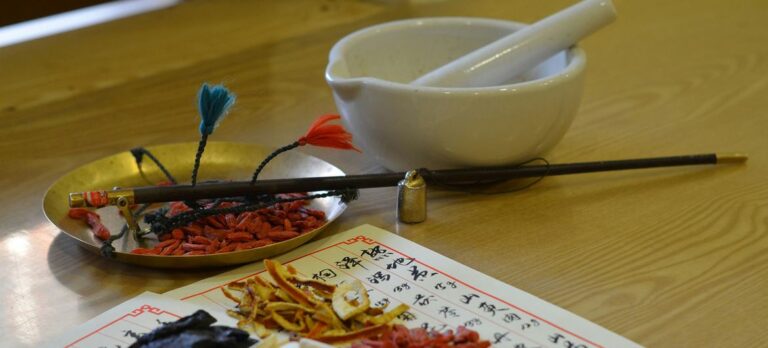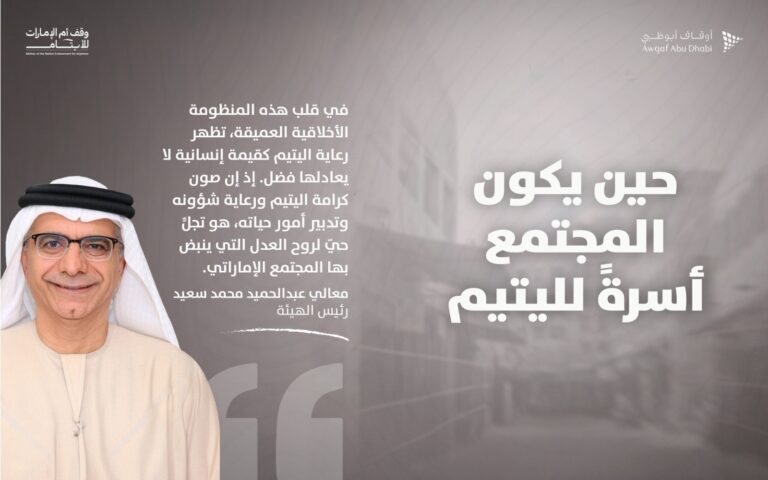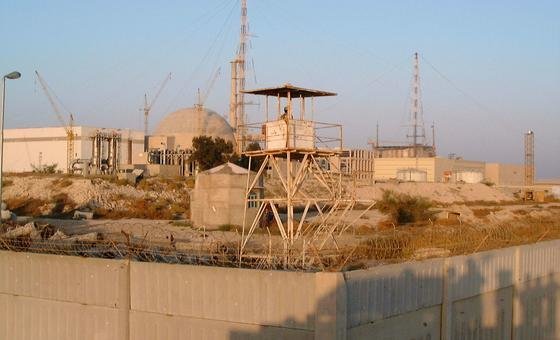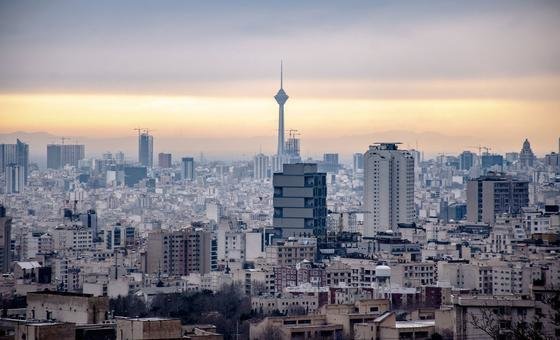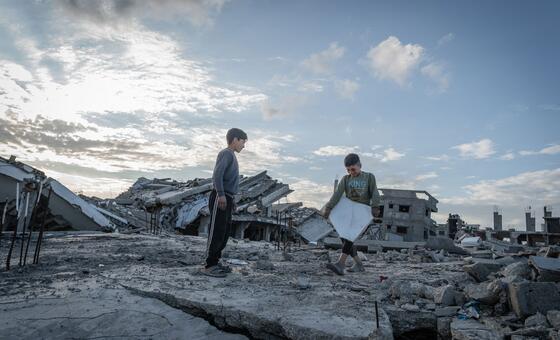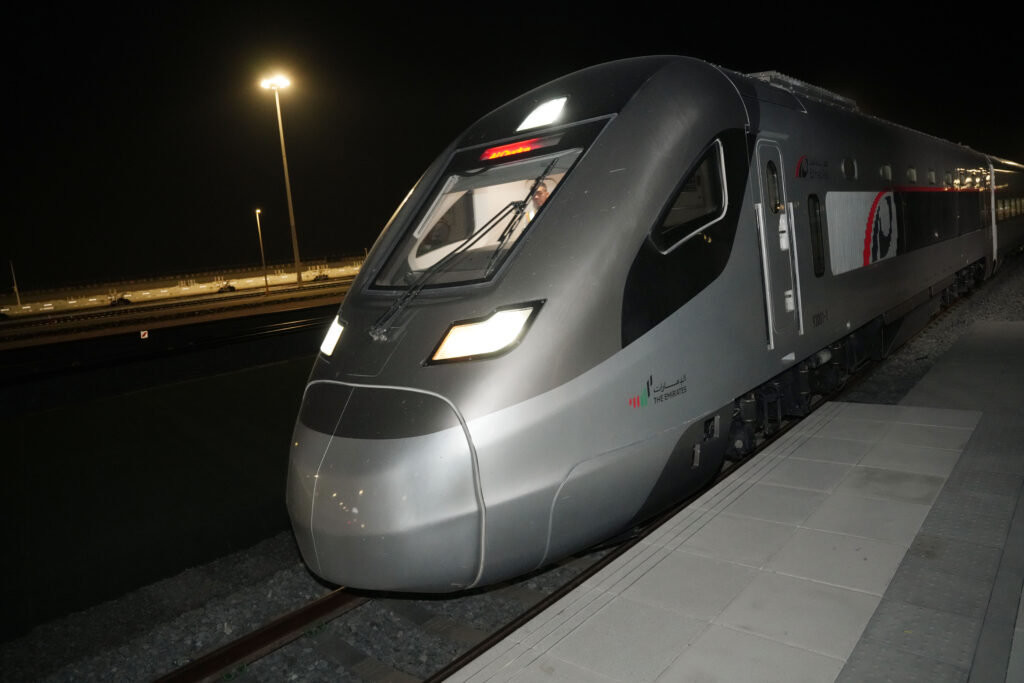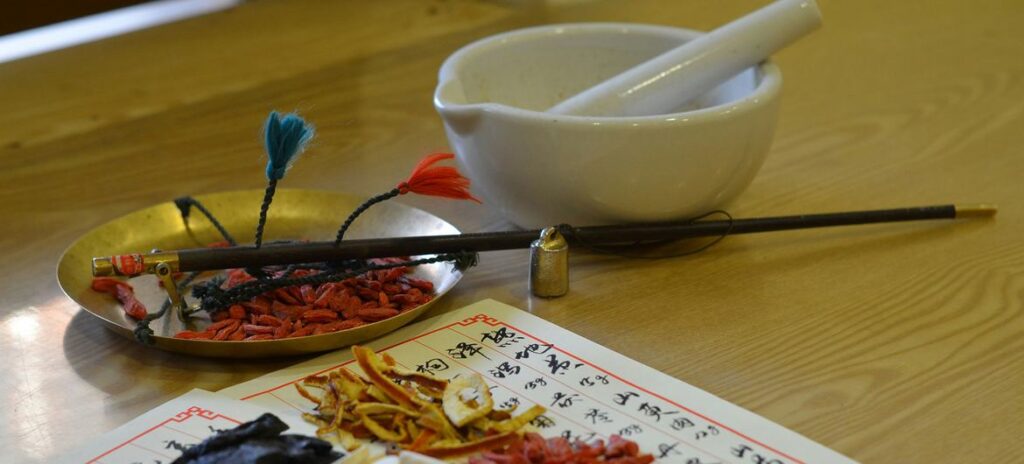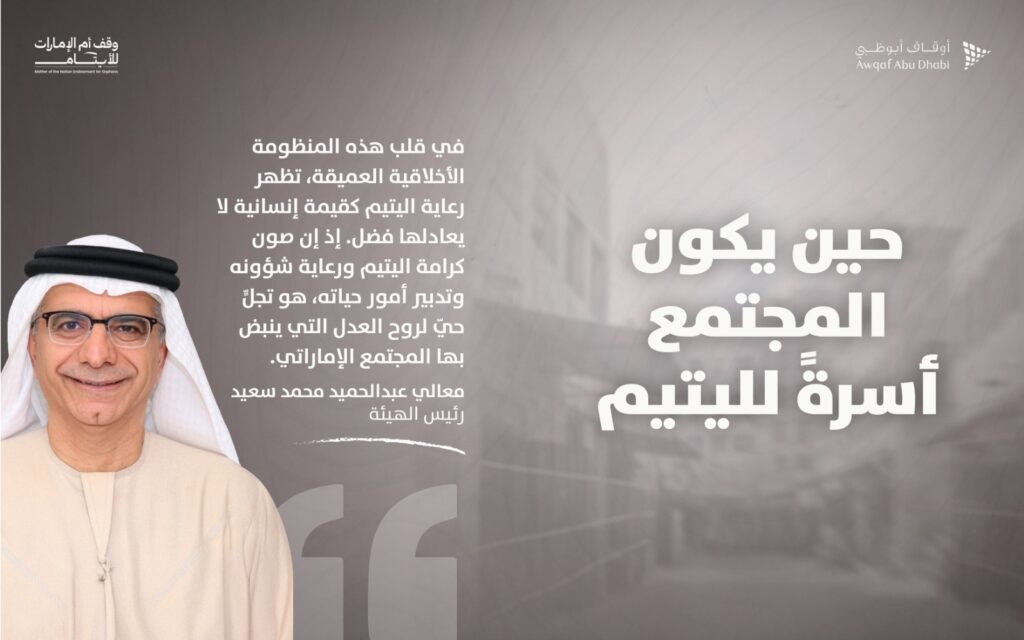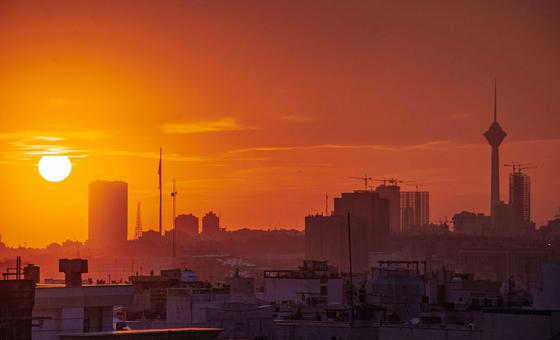The Dalai Lama has announced that he will reincarnate after his death, with his successor to be identified by a trust he has personally established — a move that directly challenges China’s long-standing assertion of authority over the selection process.
Speaking from Dharamshala ahead of his 90th birthday, the Tibetan spiritual leader dismissed earlier speculation that he may be the final Dalai Lama. He confirmed that the centuries-old tradition of reincarnation would continue.
In response, Beijing reiterated its claim to oversee the succession, insisting the next Dalai Lama must be chosen in China through a traditional ritual. Meanwhile, the US State Department reaffirmed its stance, urging China to refrain from interference and uphold religious freedom.
Beijing views the Dalai Lama, who fled to India from Tibet in 1959 after a failed uprising against Chinese rule, as a separatist. The Dalai Lama has said his successor will be born outside China and urged his followers to reject anyone chosen by Beijing. In previous years, he had also said it was possible that there might be no successor at all.
“I am affirming that the institution of the Dalai Lama will continue,” the Dalai Lama said in a video message, setting off claps and cheers from more than 100 monks in maroon robes who had gathered in a library in Dharamshala.
The event was attended by journalists from around the world and an audience of long-time supporters including Hollywood star Richard Gere, sitting in a hall whose walls displayed ornate paintings of the Buddha and photographs of the Dalai Lama.
The Dalai Lama added that the Gaden Phodrang Trust, the non-profit organisation he set up to maintain and support the tradition and institution of the Dalai Lama, has sole authority to recognise his reincarnation in consultation with the heads of Tibetan Buddhist traditions.
“They should accordingly carry out the procedures of search and recognition in accordance with past tradition … no one else has any such authority to interfere in this matter,” he said.
Tibetan tradition holds that the soul of a senior Buddhist monk is reincarnated in the body of a child upon his death.
Born as Lhamo Dhondup on July 6, 1935, to a farming family in what is now Qinghai province, the 14th Dalai Lama was identified as such a reincarnation at age two by a search party based on several signs, such as a vision revealed to a senior monk, the Dalai Lama’s website says.
He is now regarded as one of the world’s most influential religious figures, with a following extending well beyond Buddhism, and was awarded the Nobel Peace Prize in 1989.
‘Open to visiting Tibet’
The Dalai Lama was in good health and has not given any written instructions yet on the succession, said Samdhong Rinpoche, a senior official of the Gaden Phodrang Trust.
He told reporters the successor can be of any gender and their nationality would not be restricted to Tibet
Penpa Tsering, leader of the Central Tibetan Administration, the Tibetan government-in-exile in India, said the Dalai Lama would be open to visiting Tibet if his health permits and if there were no restrictions from China. It would be his first visit to the country since 1959.
“It’s entirely dependent on China and the Chinese government,” he said, adding that Beijing had put a condition that if the Dalai Lama visits, he should stay.
“His holiness’ response is ‘If I get to go to Tibet and China, I will go, but I will not live there, because there is no freedom there’. This is also connected with the reincarnation where his holiness says ‘I will be born in a free world'”, Tsering said.
Chinese foreign ministry spokesperson Mao Ning said China had the right to approve the Dalai Lama’s successor, as a legacy from imperial times, and that Beijing practices a policy of freedom of religious belief.
A spokesperson for the US State Department said it would continue to call on China to return to direct dialogue with the Dalai Lama, his representatives, or democratically elected Tibetan leaders, without preconditions, to “achieve meaningful autonomy for Tibetans.”
“ We will also continue to call on China to cease its interference in the succession of the Dalai Lama and other Tibetan Buddhist lamas and to respect the freedom of religion or belief of individuals of all faiths,” the spokesperson said.
Tsering, leader of the government-in-exile, said the US had lifted some restrictions on funds for Tibetans in exile and that the Tibetan government was also looking for alternate sources of funding.
A selection ritual, in which the names of possible reincarnations are drawn from a golden urn, dates to 1793, during the Qing dynasty.
“The child reincarnation of a major Living Buddha such as the Dalai Lama and the Panchen Lama needs to be identified through lot-drawing from a golden urn and approval by the central government,” Mao said at a regular news conference.

